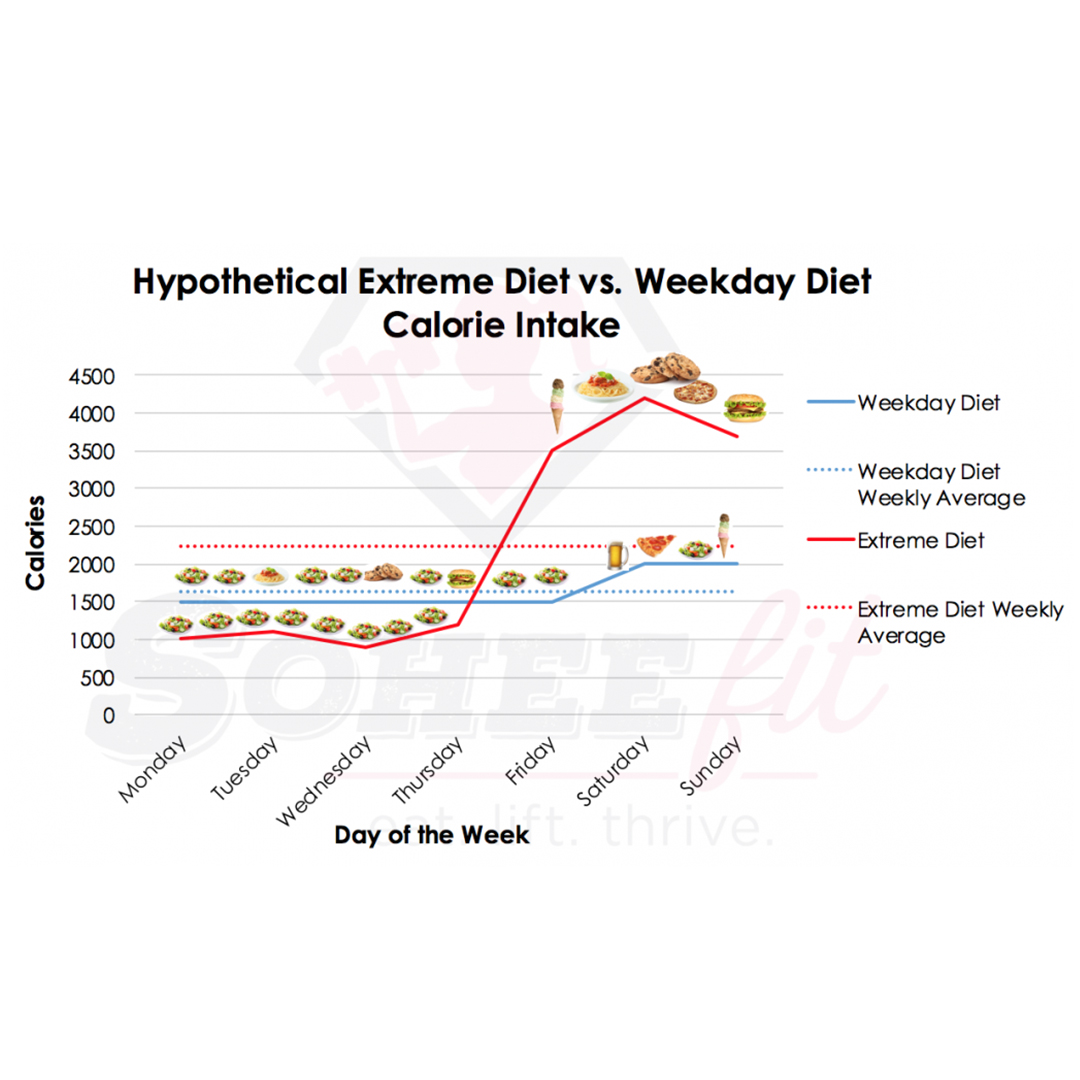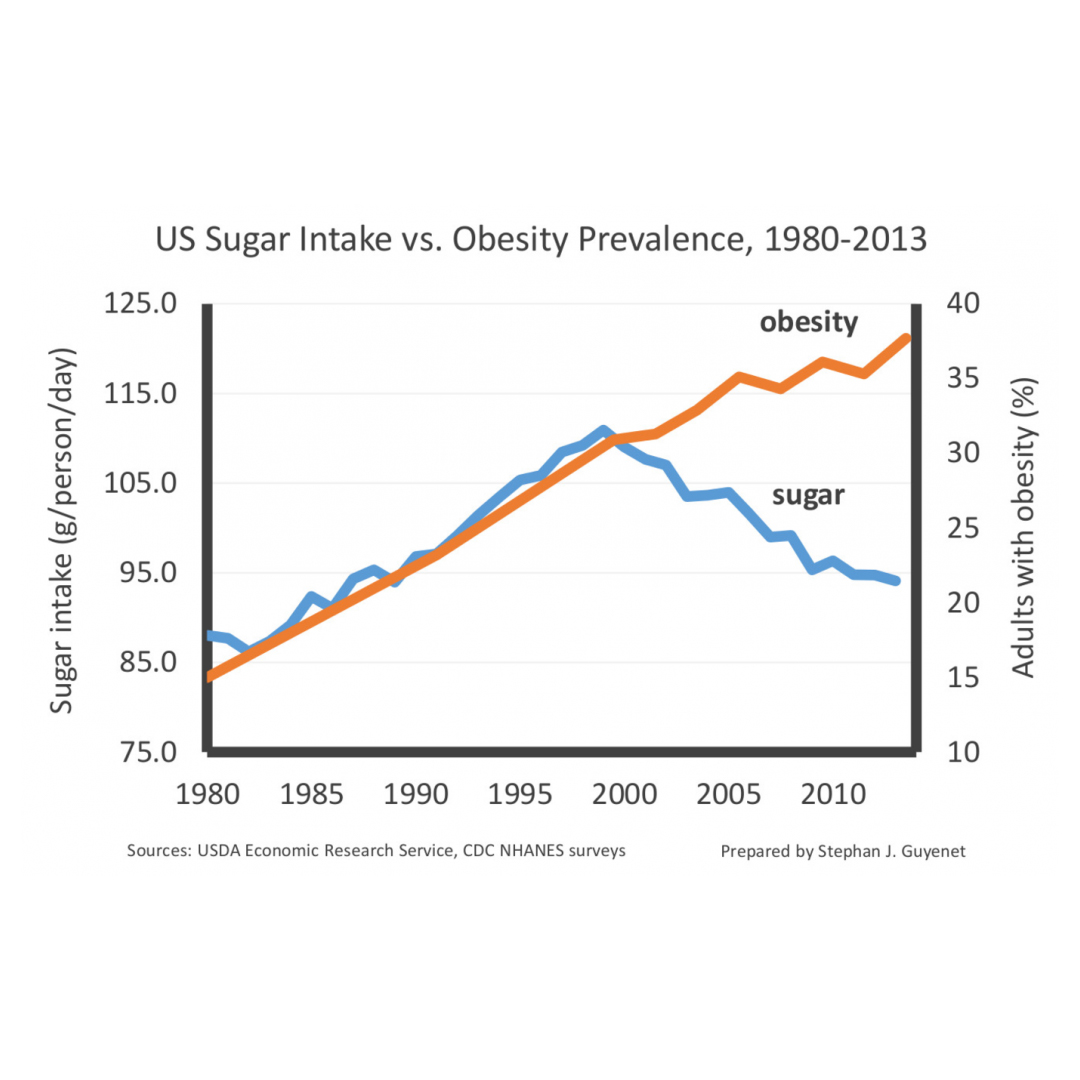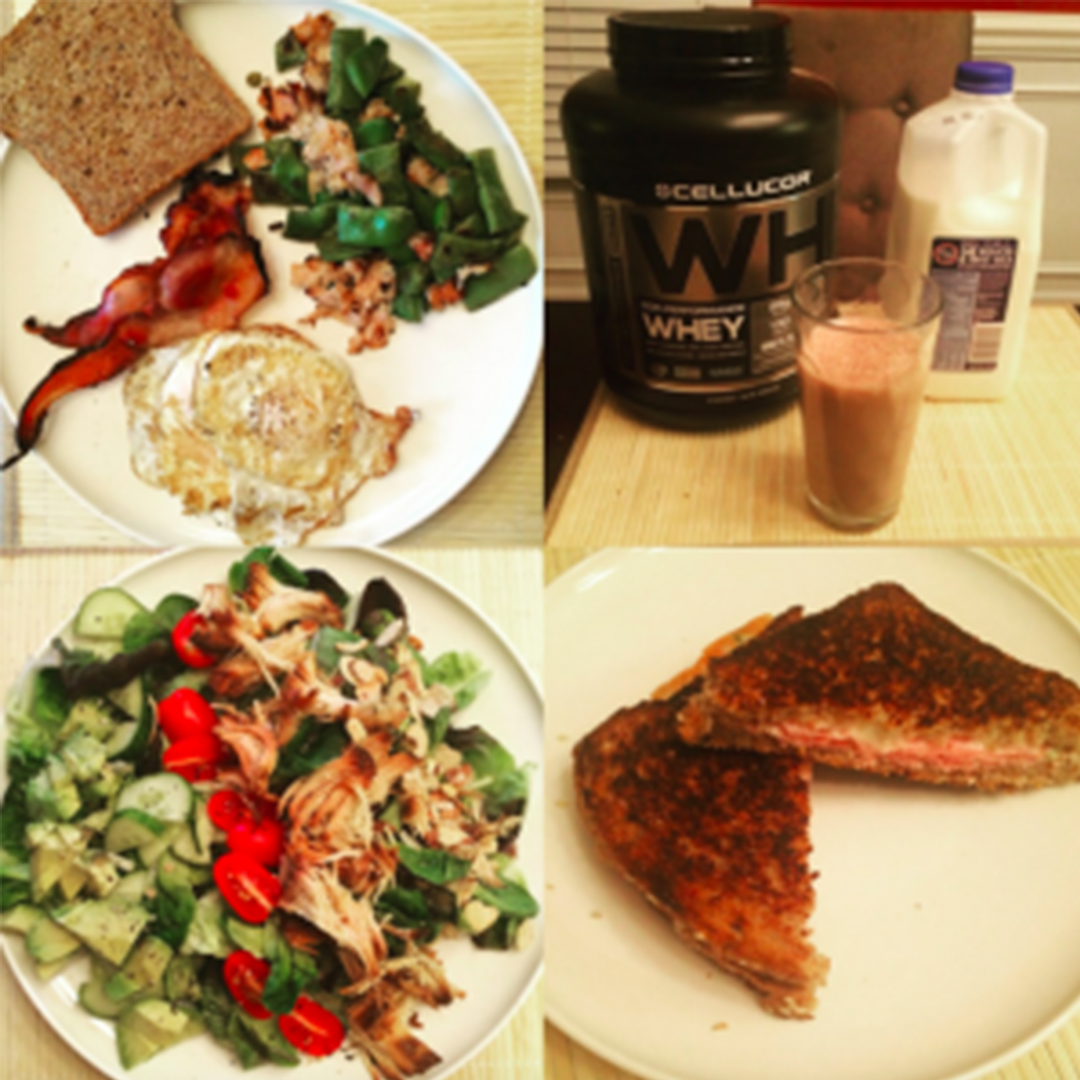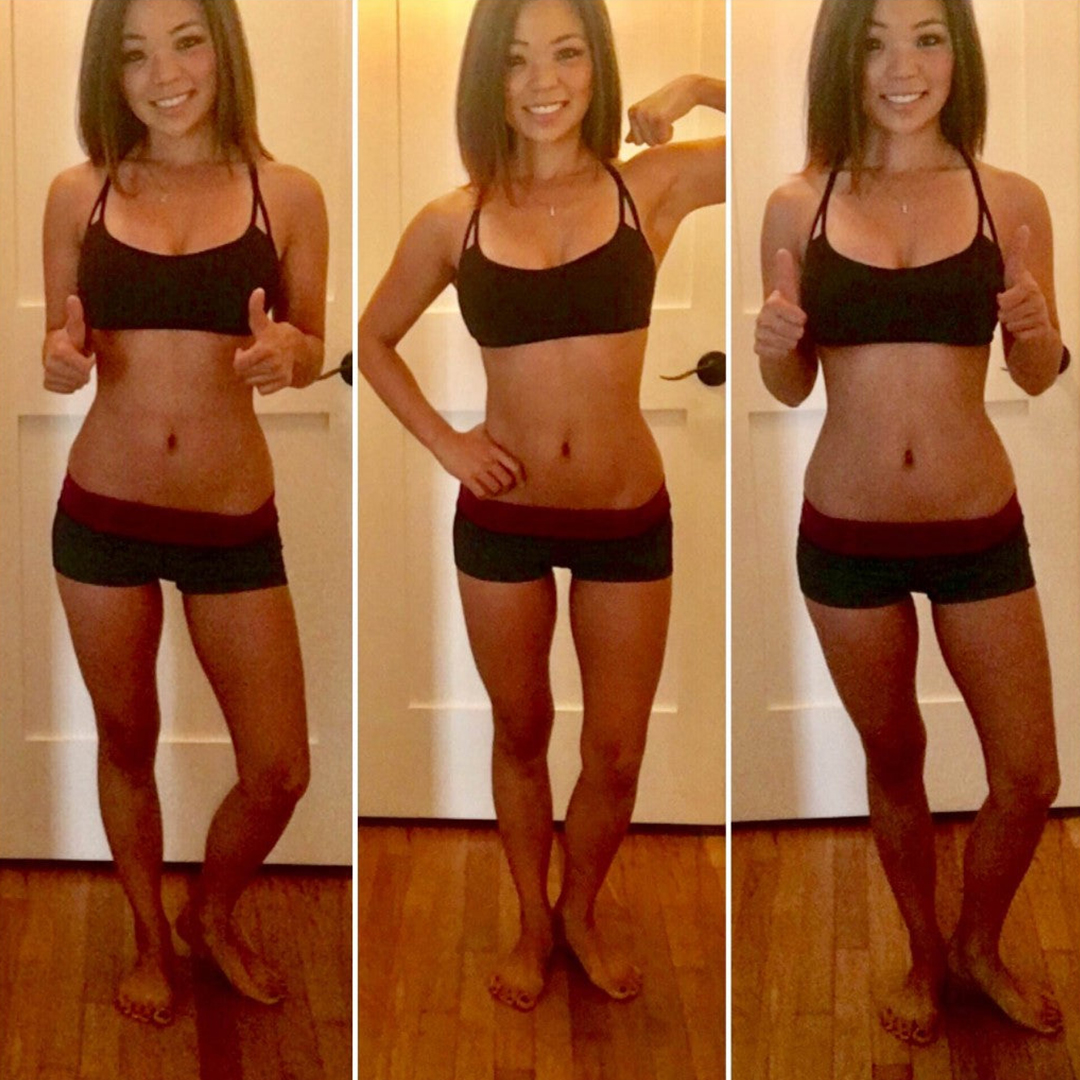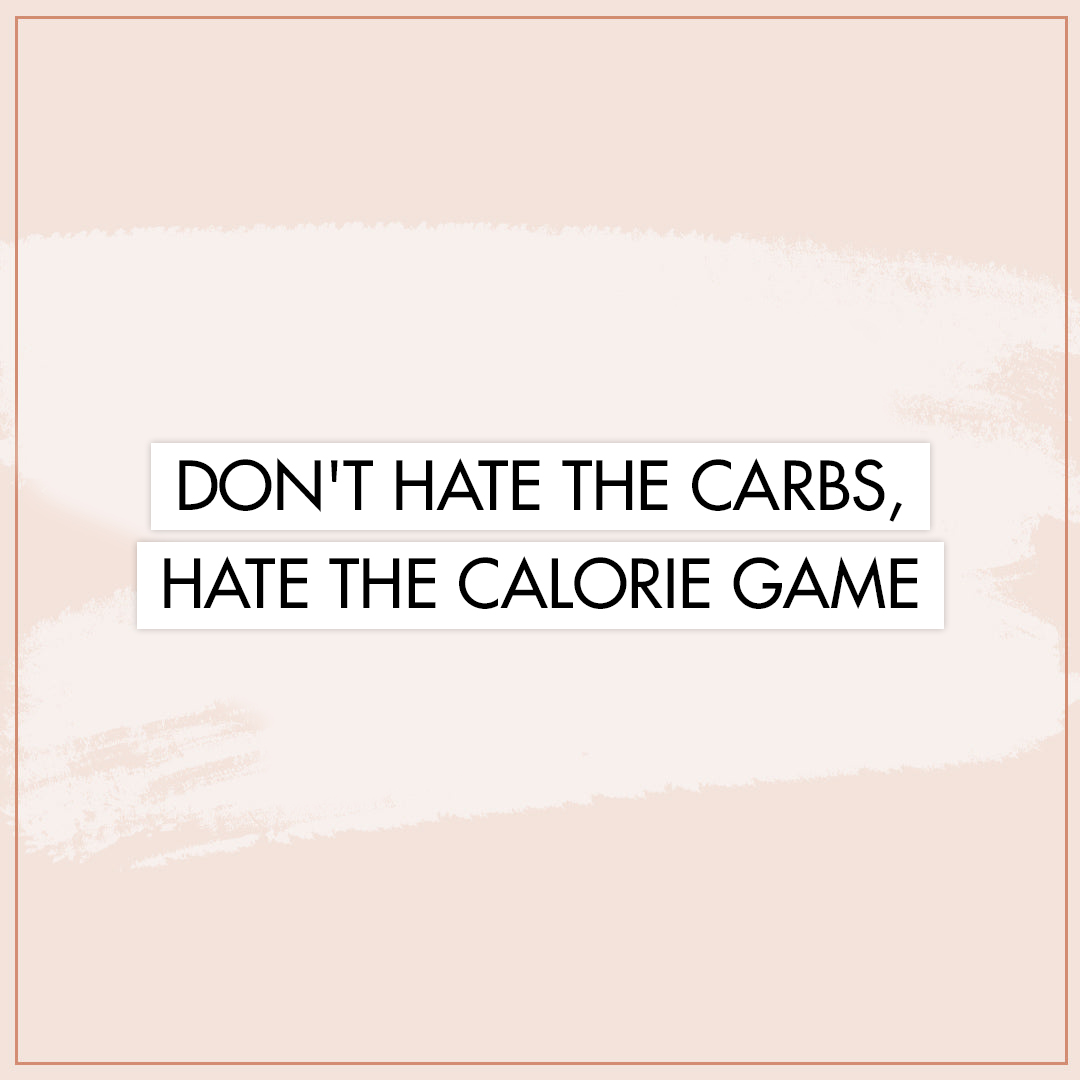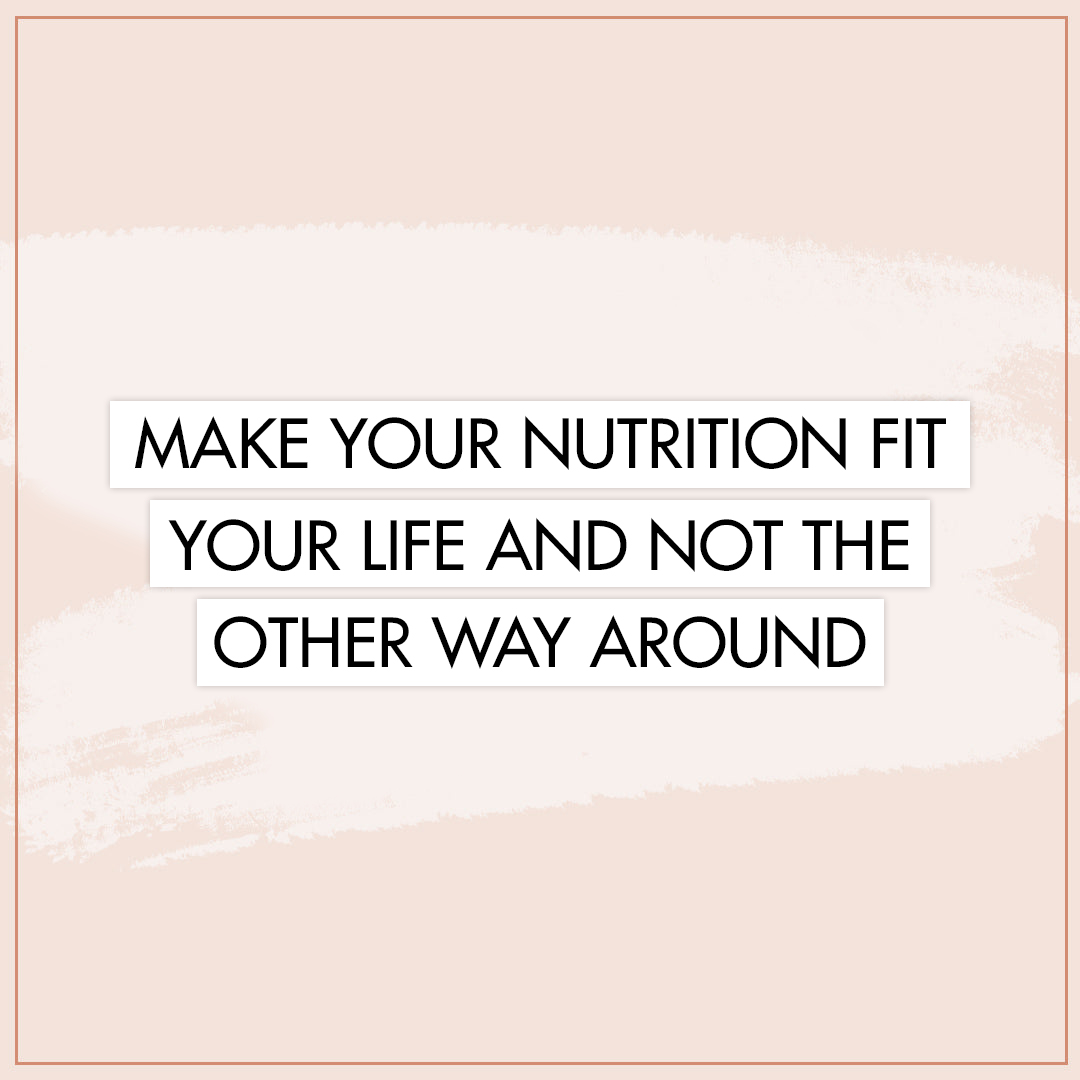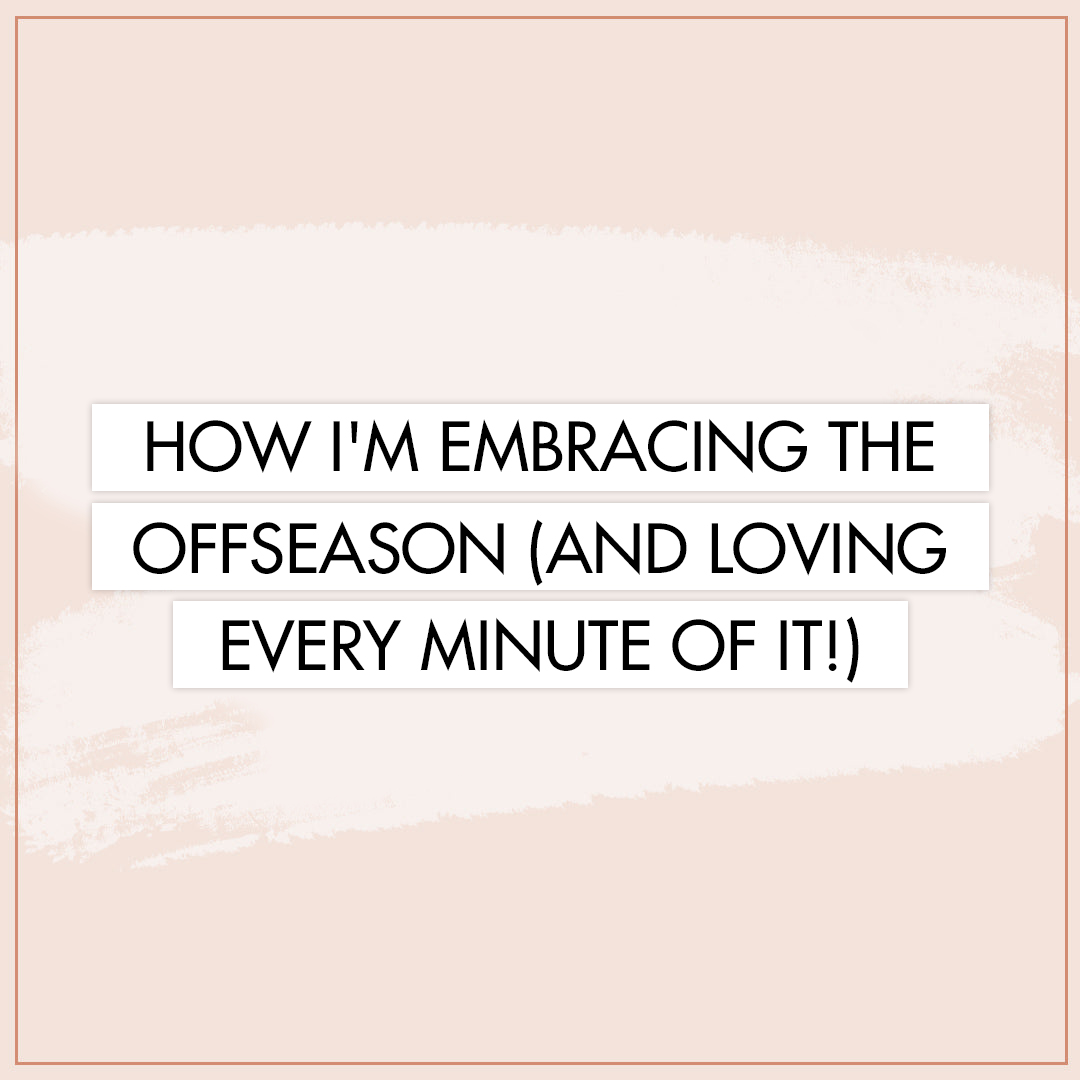A few years ago, I started noticing a trend with people who would come to me for help with their diets. When asked what their biggest struggle with nutrition was, an alarming majority would confess that they usually had no problem being strict with their eating during the week, but all hell would break loose over the weekends. Usually, this would be due to having a busy routine from Monday to Friday with little time to unwind, and then being hit with a slew of social events and downtime on Saturday and Sunday.
In light of this, I’ve been switching more and more of my clients over to a different kind of nutrition structure.
Enter the Weekday Diet.
During the week, I provide more structure to individuals, with a set number of grams of proteins, carbs, and fats that they are to hit. The whole point is to take advantage of the very fact that they’re busy and not focused so much on food to really drive home that energy deficit, so their Calories are typically in the lower range.
However, on the weekends, I let them unwind a little – they can relax their intake and kick back. A crucial point here, however, is not to let the weekend spiral out of control. It’s still somewhat structured, but they do have a limit. I’ll use this time to either set them on the high end of their dieting Calories or bring them back up to maintenance Calories.
To do this, I simply set a caloric ceiling and a protein minimum. That’s it. It looks something like:
2,100 total Calories
120g protein minimum
Any combination of carbs and fats
In other words, they are to hit a 120g protein minimum but specific carb and fat numbers are entirely up to them so long as they hit 2,100 total Calories for the day. (Remember that 1g protein = 4 Calories, 1g carb = 4 Calories, and 1g fat = 9 Calories.) The protein and Calorie recommendations will vary from one person to the next, of course.
Do you see what I did here?
I took into account the individual’s nutrition struggles and made it work for them. I used to prescribe an isocaloric diet to everyone to came to me, meaning that they consumed the same number of calories every single day. But if their weekly average intake puts them in a deficit, why can’t we take a few hundred calories from the week and pad them onto the weekend?
Here’s a visual representation of what it could look like:

